'Cities are not static': the Norman Foster Institute launches
The Norman Foster Institute launches in Madrid, celebrating cities as our 'greatest invention', and working to help fix them
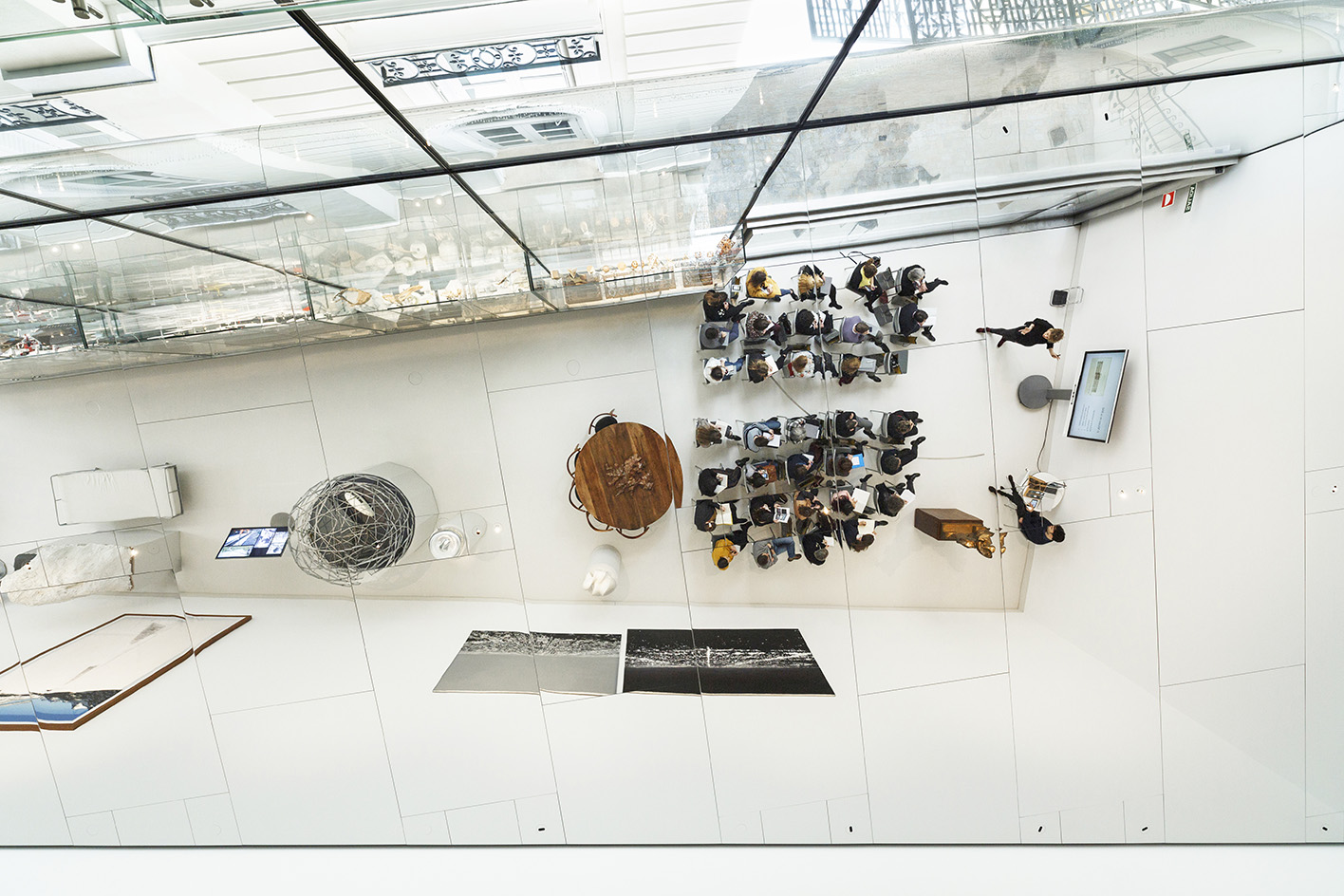
Norman Foster is a champion of cities. As he launches the Norman Foster Institute in Madrid this month, he argues: 'The future of our society is the future of our cities. They are our greatest invention.' Foster sees cities as engines of innovation and positive change, resilient and adaptable in the face of adversity.
Not that cities need much championing of course. Around 90 per cent of the world’s wealth is created in cities and they account for 90 per cent of its population growth. More and more people are moving to cities and being born there. And with that growth come serious issues. Cities are already huge consumers of energy and resources, responsible for 70 per cent of global CO2 emissions. And that share is only likely to increase. Meanwhile, housing supply runs short, infrastructure crumbles and services buckle under the strain.
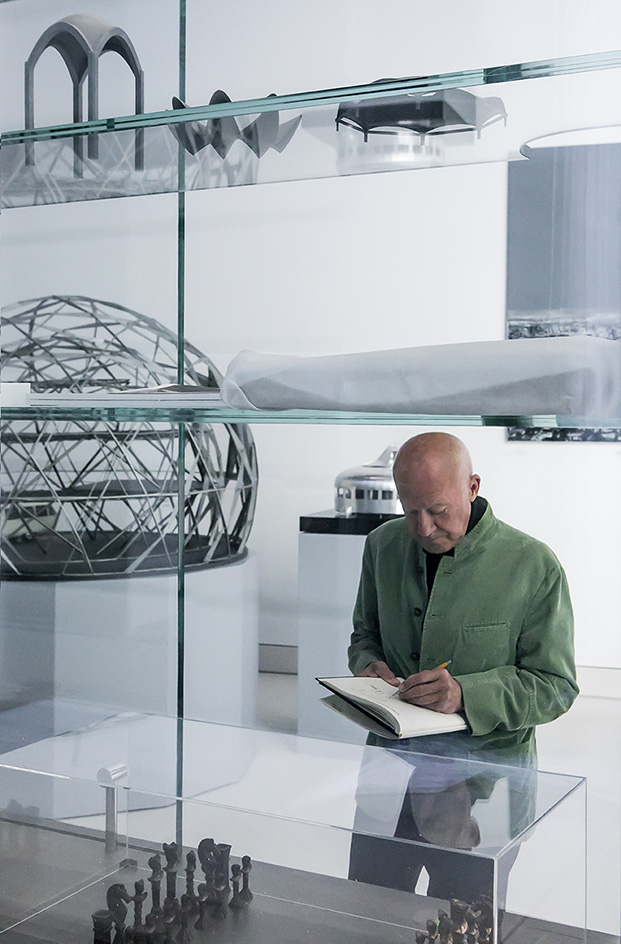
Architect Norman Foster
Launching the Norman Foster Institute
The just-launched Norman Foster Institute (NFI) in Madrid has been designed to both celebrate cities and to help fix them, offering a new one-year MA in Sustainable Cities to architects, planners, local government, urbanists, data analysts and more.
Since 2015, Foster has been building a remarkable physical archive and architectural research lab in the city. In 2017, this became the not-for-profit Norman Foster Foundation and began inviting students from around the world to workshop with its in-house architects. Initiatives born of these workshops include the Essential Homes Project, a new design for refugee accommodation, put on display at the Venice Biennale 2023; a ‘droneport’ in Rwanda; and a masterplan for the city of Kharkiv in Ukraine. The Institute and its new MA course build on that educational mission.
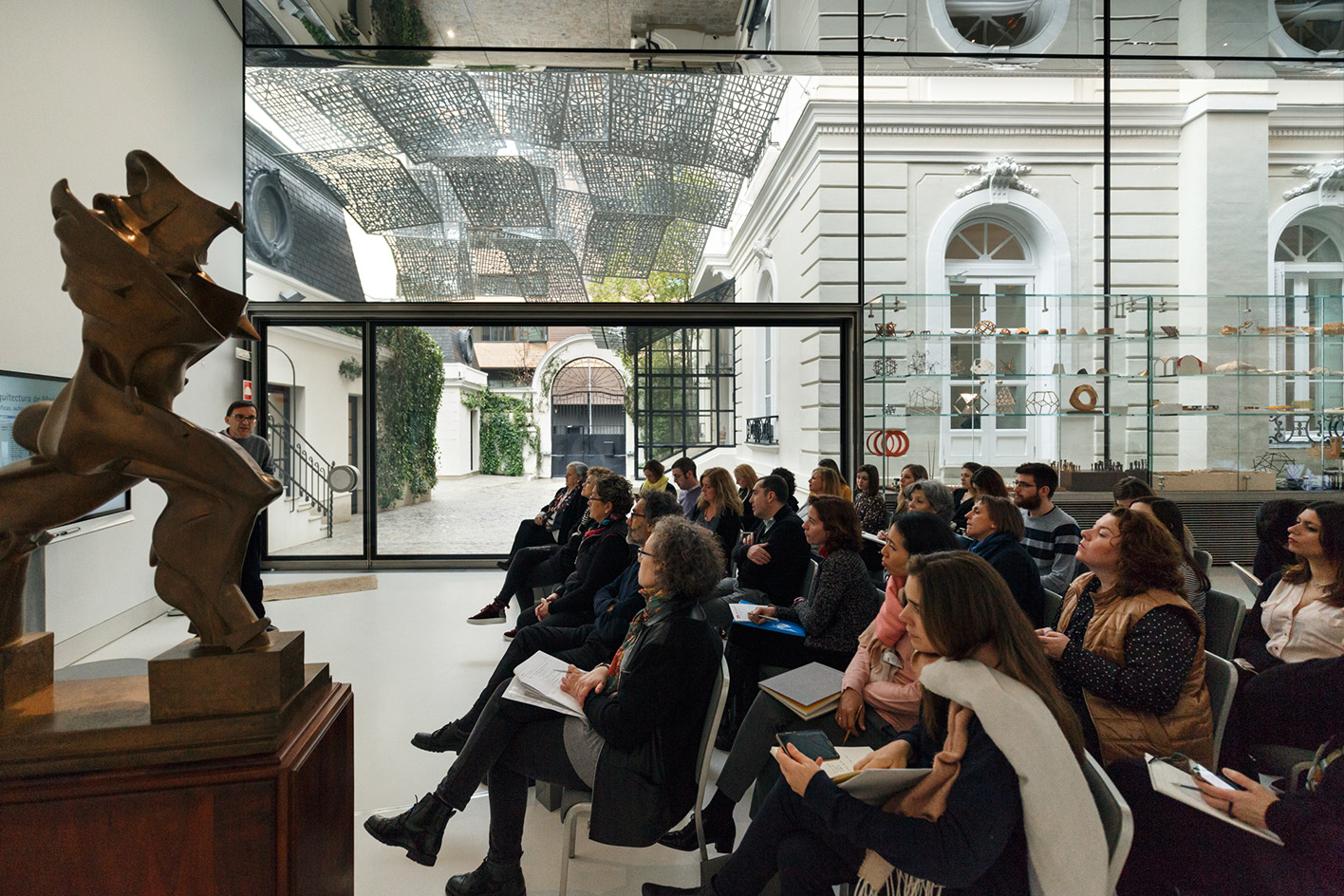
Norman Foster Institute lecture
'It’s a natural evolution,' says Foster. 'The one-week workshops needed more time. But the Institute also taps into the extraordinary network which has built up since we launched the foundation.'
The NFI is essentially a link-up between the Norman Foster Foundation and the Universidad Autónima de Madrid, which is certifying the course. The 30-strong MA cohort has its own base, though, in the purpose-designed NFI City Lab and the NFI Academic Hub, housed within the foundation’s repurposed 1912 palacio. And the institute has a suitably starry faculty, including co-director Kent Larson, director of the City Science Group at MIT, MIT Media Lab director Dava Newman, as well as architects Alejandro Aravena, Deborah Berke, Shigeru Ban and Francis Kéré.
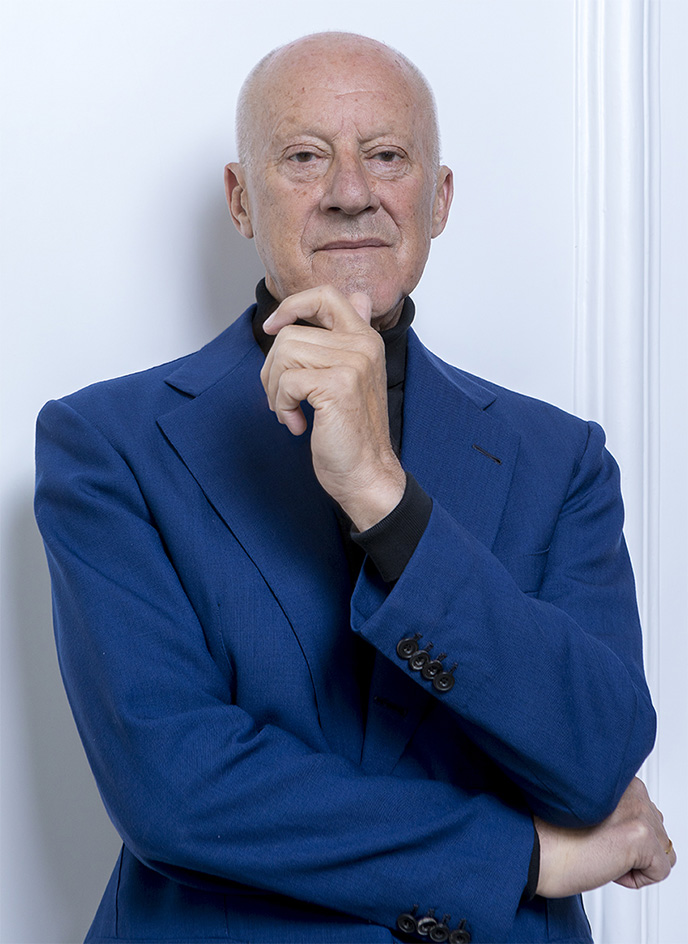
Norman Foster
An underlying premise of the course is that the world is becoming less a collection of nation states than a network of cities, with growing power and prosperity built on the quality of life and economic opportunity they offer. And that dense but well-planned, green, walkable and liveable cities are the most resourceful and energy-efficient model we have for housing the world’s exploding population.
Receive our daily digest of inspiration, escapism and design stories from around the world direct to your inbox.
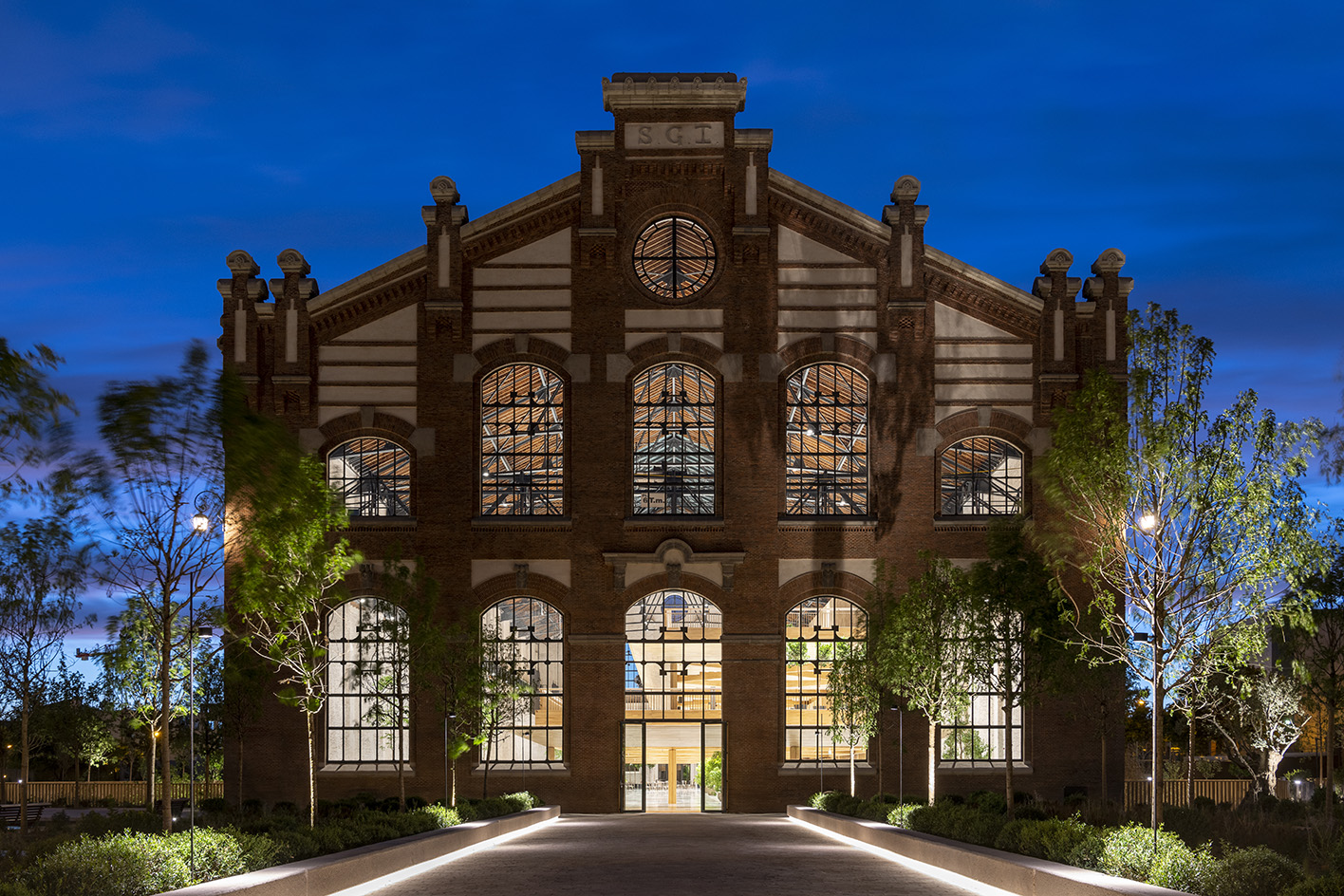
Foster + Partners’ presence in Madrid includes Acciona Ombú, the transformation of an energy infrastructure building into offices
The course will link up with three different cities each year, each tackling a particular set of challenges. The debut trio, Athens, Bilbao and the tiny hilltop city of San Marino, are all European, but the institute promises that future selections won’t be so Eurocentric and that its research will have global relevance.
Foster argues that in the training of architects and urbanists, there is still ‘a disconnect between academia and the real world. We want to combine the best of academia with the best of hands-on experience.'
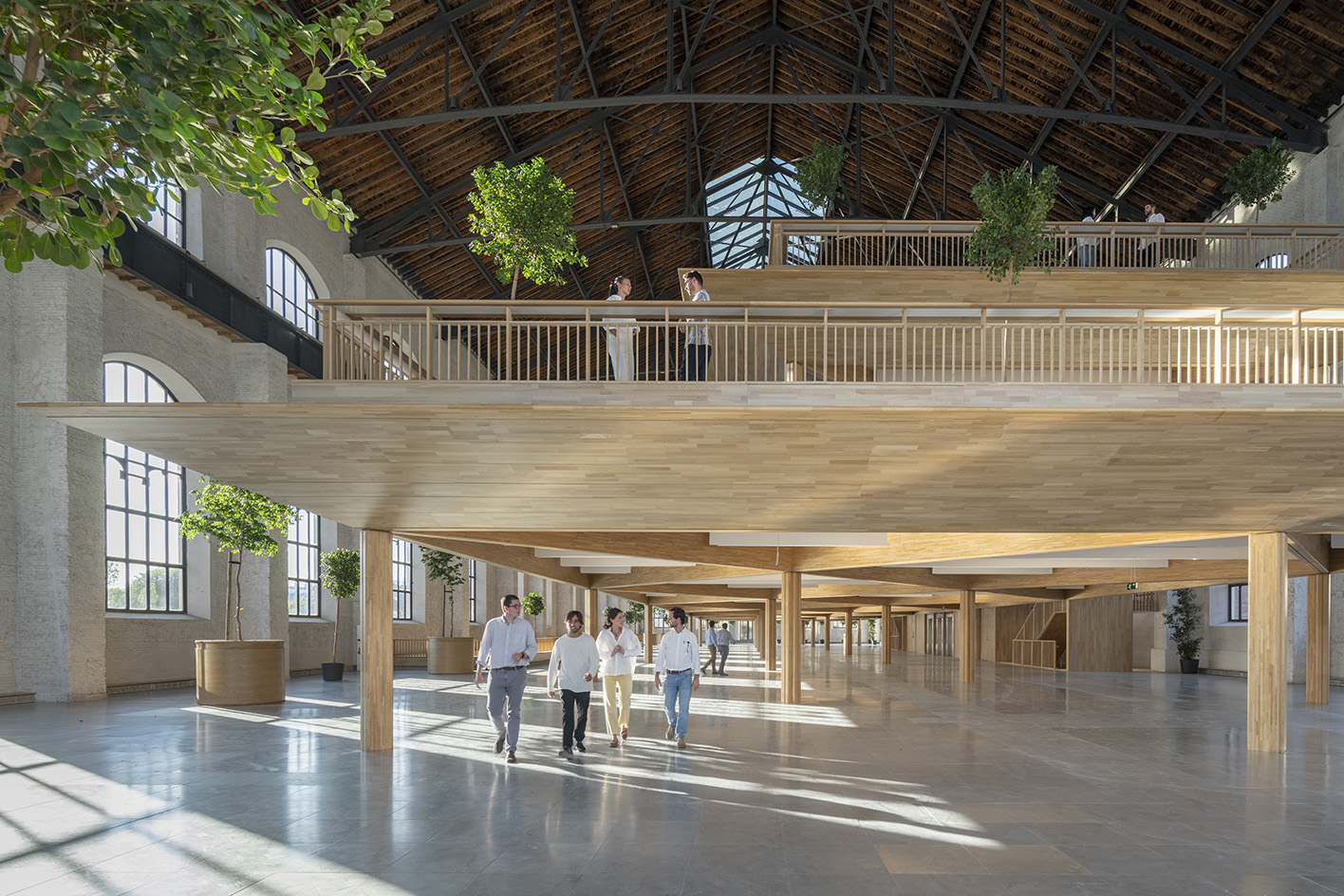
Interior of the Acciona Ombú
To that end, students will make field trips to each city, which in turn have provided the institute with as much granular data as they can muster. The NFI City Lab is equipped with all manner of smart technology, touch tables and data-visualising digital displays.
Data analytics and predictive modelling will be critical to the course and Gareth Simons, the NFI’s head of City Science, says it will look at how AI advances can increase the potency and potential of this modelling. 'With the technology available today we are able to predict the consequences of design interventions and create and map virtual twins of cities,' Foster says.
In essence, the course’s mission is to look at how architecture, design, technology, planning and public policy fixes can help cities reduce energy use and GHG emissions, align with the UN’s Sustainable Development Goals and increase quality of life. Students will present their research to the partner cities at the end of the programme.
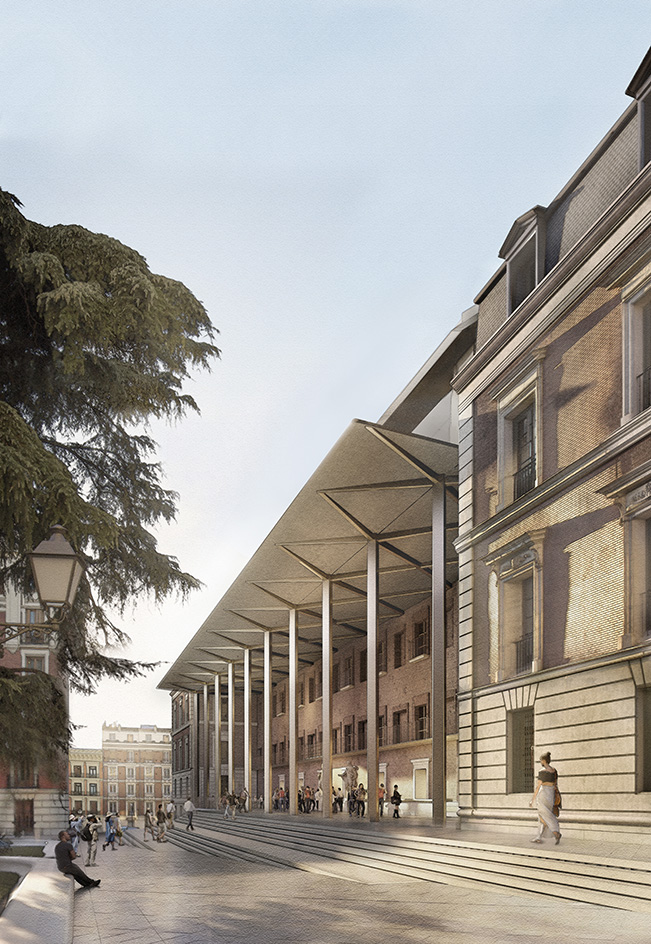
Foster + Partners' extension of Prado Museum, currently in development in the Spanish capital
Foster insists that the work of the institute is not just relevant to cities with long histories and legacy infrastructure, but to new and exploding cities too, particularly in the Global South. 'Between now and 2050 we’ll be creating something like 17 Madrids every year,' he says. 'That’s the scale of the challenge.'
Critically, he argues, cities are dynamic, constantly re-shaping to answer new demands. The NFI, he says, has been designed so those demands are answered in the smartest and most sustainable way.
'Cities are not static. They’re being created in terms of new cities, existing cities morph and grow, and they require decisions,' he argues. 'How are those decisions made? Are they going to be made rationally, informed by data and fact or are they going to be based on fashion and prejudice? Will those decisions involve the people communities who are affected by change? All these issues are right at the heart of the institute. They are about empowering and informing the civic leaders of the future.'